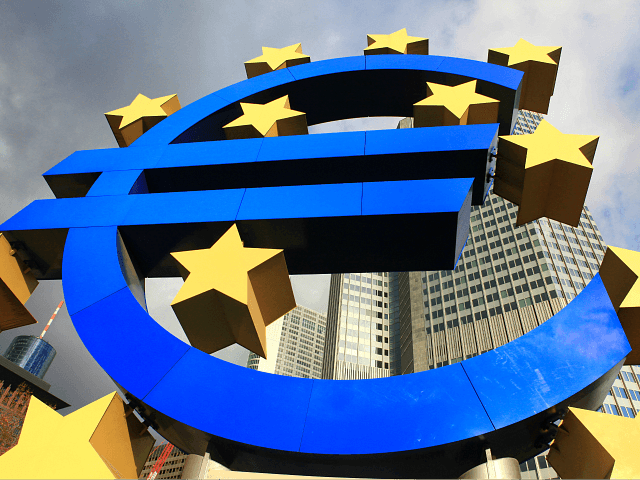BRUSSELS (AP) – Inflation in the 19-country eurozone weakened in September, slipping farther from the European Central Bank’s goal and underlining President Mario Draghi’s arguments for a recent stimulus package.
Statistics agency Eurostat said Tuesday that the annual inflation rate eased to 0.9% in September from 1.0% in August.
Low inflation can be a sign of economic weakness and has been a concern for officials at the ECB, whose goal is to have inflation of just under 2%. The central bank, which sets monetary policy for the euro countries, decided Sept. 12 to launch a package of measures aimed at raising inflation and supporting weakening growth.
The measures include cutting a key interest rate benchmark to minus 0.5% from minus 0.4% and starting to buy 20 billion euros ($22 billion) a month in government and corporate bonds, a move that pumps newly created money into the economy. The steps aim to make credit cheaper for businesses and stimulate economic activity while raising inflation.
The package was opposed by several officials on the ECB’s rate-setting board and was criticized in the news media in Germany, the eurozone’s largest member country. Opponents say the measures carry side effects including weakening savings rates, and should be reserved for use in a genuine crisis.
The drop in inflation in September was largely due to volatile items like energy and a smaller annual increase in the price of food, alcohol and tobacco. Excluding those items, annual core inflation edged up to 1.0% from 0.9%. The core figure, which is more important for monetary policy, has been stuck near that level for months.

COMMENTS
Please let us know if you're having issues with commenting.